Ensuring Animal Health and Welfare in Eco-Friendly Dairy Barn Environments
/How can we be sure that the dairy products on our tables are not only of good quality but also ethically produced? In eco-friendly dairy barns, the animal’s health and well-being are the most important things that farmers can ensure.
Imagine a world where dairy farming respects the delicate balance of nature, promoting animal well-being alongside green practices. This article discusses how eco-friendly dairy barns work to ensure animal health.
The Shift to Animal-Centric Designs
Animal-centered design has become more important as dairy barns become more eco-friendly. In other words, this means creating areas where cows can act naturally. Freedom of movement, social interactions, and access to outdoor pastures are not luxuries but necessities. But why stop there? Advanced barn designs also use natural ventilation and lighting systems, which means they don't need as much artificial lighting and air. The result? A healthier and happier cow.
1. The Role of Technology
Technology is very important in the fight for animal care. Wearable health monitors and automatic food systems are two examples of how technology is used to improve care given by humans. These systems provide continuous health monitoring, ensuring that any signs of distress or illness in livestock are promptly addressed. But here's a question: can technology replace a farmer's deep understanding of the welfare of his or her animals?
The answer is: maybe not completely, but it does give us a set of tools that, when used correctly, can make a big difference in the health and comfort of animals.
2. The Human Touch
Even though technology has come a long way, the job of a human provider is still very important. The farmer comes with a level of care and understanding that can't be matched by technology. Regular human interaction not only helps in monitoring health but also in promoting a sense of well-being among the animals.
The Role of Eco-Friendly Fabric Dairy Barns
Sustainability is the main idea that people talk about when they talk about eco-friendly dairy barns. The goal of these barns is to reduce trash, save energy, and make the living situation better for dairy cows. It's not just about the earth, though. It's also about the cows. How can we be sure that these animals, which give us milk, are living in a way that is good for them?
Opting for a fabric dairy barn brings several straightforward benefits that can make a real difference in the day-to-day operations of a dairy farm. Here are the highlights:
Better Airflow: These barns are designed to keep the air moving, which means your cows breathe easier and stay healthier.
Plenty of Natural Light: The material lets in sunlight, keeping the barn bright without extra lighting costs.
More for Less: They tend to be more affordable to set up and maintain than traditional structures.
Tough yet Flexible: Despite their seemingly delicate nature, these barns stand up to weather well and can adapt to various farm sizes.
Saves Energy: With natural light and airflow, you'll likely find yourself spending less on electricity to keep the environment just right for your cows.
Tips to Consider for Creating Eco-Friendly Dairy Barns
Let’s see what kind of tips you should consider for eco-friendly dairy barns.
Plan and Arrangement of the Barn:
Ensure that each animal has sufficient space to avoid stress, overcrowding, and disease spread, thereby improving overall well-being. For cattle, use a high-quality cattle fence that provides a secure and spacious environment.
Incorporate natural lighting and airflow to create healthier living conditions, promoting both physical health and mental well-being. For laying hens, use LED lights with a sufficient red spectrum.
Include areas with comfortable bedding to reduce the risk of injuries and improve rest, which is crucial for the animal’s health. Using a deep bedding method for livestock will keep animals healthy and cleaner and can also aid the fertility of your landscape.
Controlling the Temperature and Environment:
Install systems to regulate barn temperatures, ensuring comfort across varying weather conditions.
Use renewable energy sources, such as solar panels, to power barn operations, minimizing environmental footprint.
Feeding and Health:
Give the cows access to high-quality feed that meets all of their nutritional needs. This will help their health and welfare.
Make sure animals always have access to clean, fresh water to stay healthy and hydrated.
Veterinary Care and Health Monitoring:
Check the health of your animals regularly to find and treat any sicknesses quickly and stop spreading.
Implement a veterinary care routine that includes vaccinations and parasite control to maintain herd health.
Sustainable Manure Management:
Come up with ways to handle manure that are better for the earth, like composting or making biogas.
Use manure as a natural fertilizer, promoting sustainable agriculture by closing the nutrient cycle.
Staff Training and Education:
Teach your staff about how to care for animals in a way that is kind and informed.
Teach your workers about why eco-friendly methods are important in dairy farms; that way you’ll be able to create a mindset of sustainability.
Certification and Compliance:
Seek out licenses that recognize high standards of animal care and show that you are dedicated to using the best methods.
Make sure that both local and international animal health and welfare regulations are followed, and strive to stay in compliance.
Continuous Improvement and Community Engagement:
To keep your methods up-to-date, read the latest studies in sustainable farming and animal health.
Get involved with the community to talk about the benefits of animal care and safe dairy farming. This will help build support for moral behaviour in animal husbandry practices.
How Do Eco-Friendly Barns Benefit Dairy Products?
Eco-friendly dairy barns contribute significantly to producing healthier dairy products in a simple yet impactful way. By ensuring that cows live in environments with plenty of natural light, fresh air, and space to move freely, these barns promote the well-being of the animals. Healthier cows naturally produce higher-quality milk.
The sustainable practices of these barns, like using renewable energy and managing waste responsibly, also mean the milk is produced with minimal environmental impact. In short, when cows are cared for in such positive conditions, the dairy products we enjoy are not just tastier, but you can rest assured that they're also a product of ethical and environmentally conscious farming practices.
To wrap it up, shifting towards eco-friendly dairy barns is more than just a trend, it's a crucial step forward in reconciling our need for dairy products with the imperative of ethical animal treatment and environmental care. =
These barns embody a future where technology and traditional farming virtues work hand in hand, ensuring animals lead healthier, happier lives in harmony with the planet. By incorporating such sustainable practices, we not only elevate the quality of the dairy on our tables but also contribute to a more compassionate and eco-conscious farming culture. It's a clear win-win for both the industry and the invaluable lives it nurtures.
About the Author:
Anahit Yan (Anahit Yeritsyan) is a dynamic SEO and content management professional with over six years of experience. Specializing in content production and promotion for real estate, construction, design, and related niches, she excels in driving organic traffic and optimizing online visibility. Known for her innovative strategies and commitment to excellence, Anahit's expertise has consistently delivered exceptional results in the digital marketing landscape.









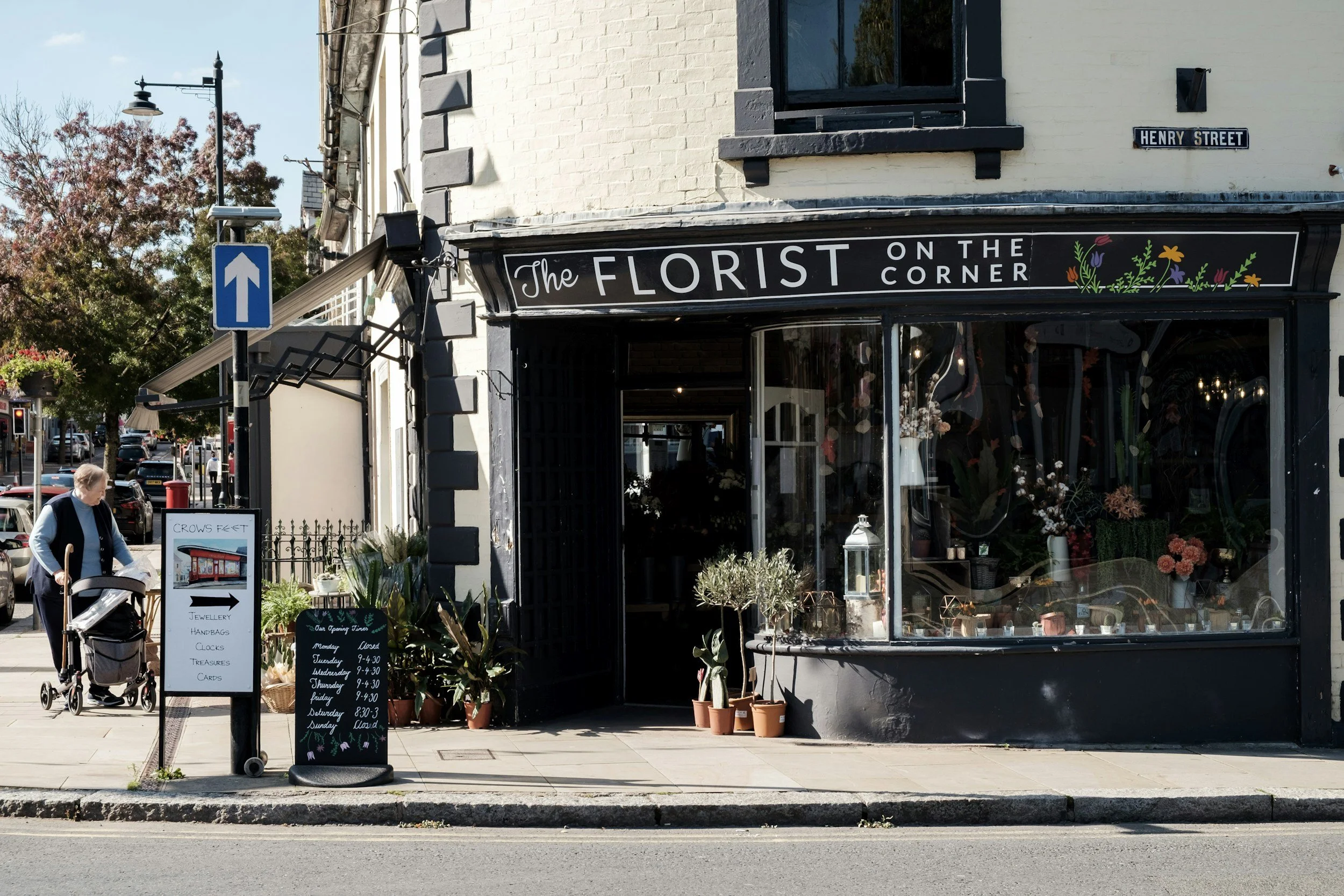
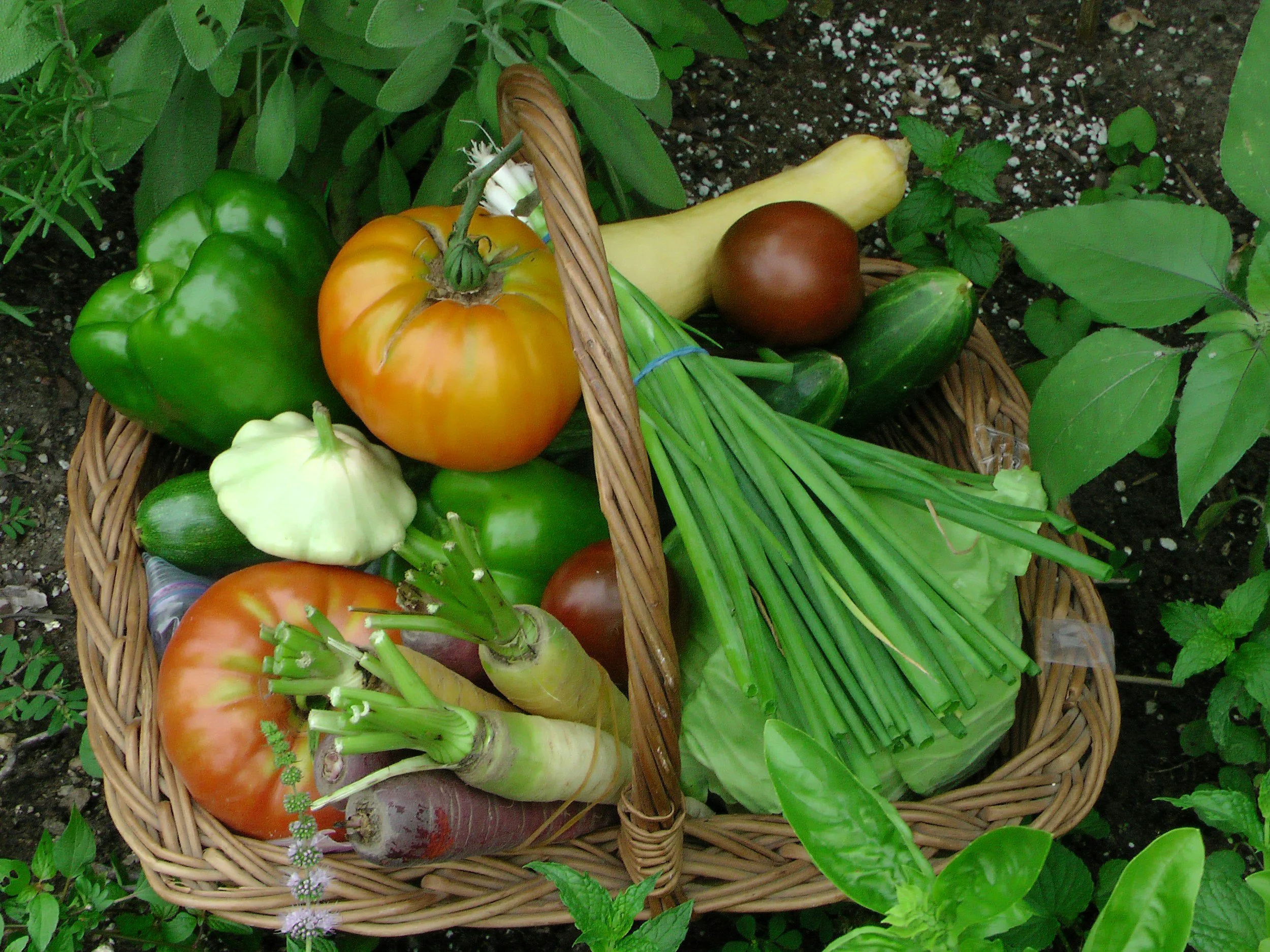

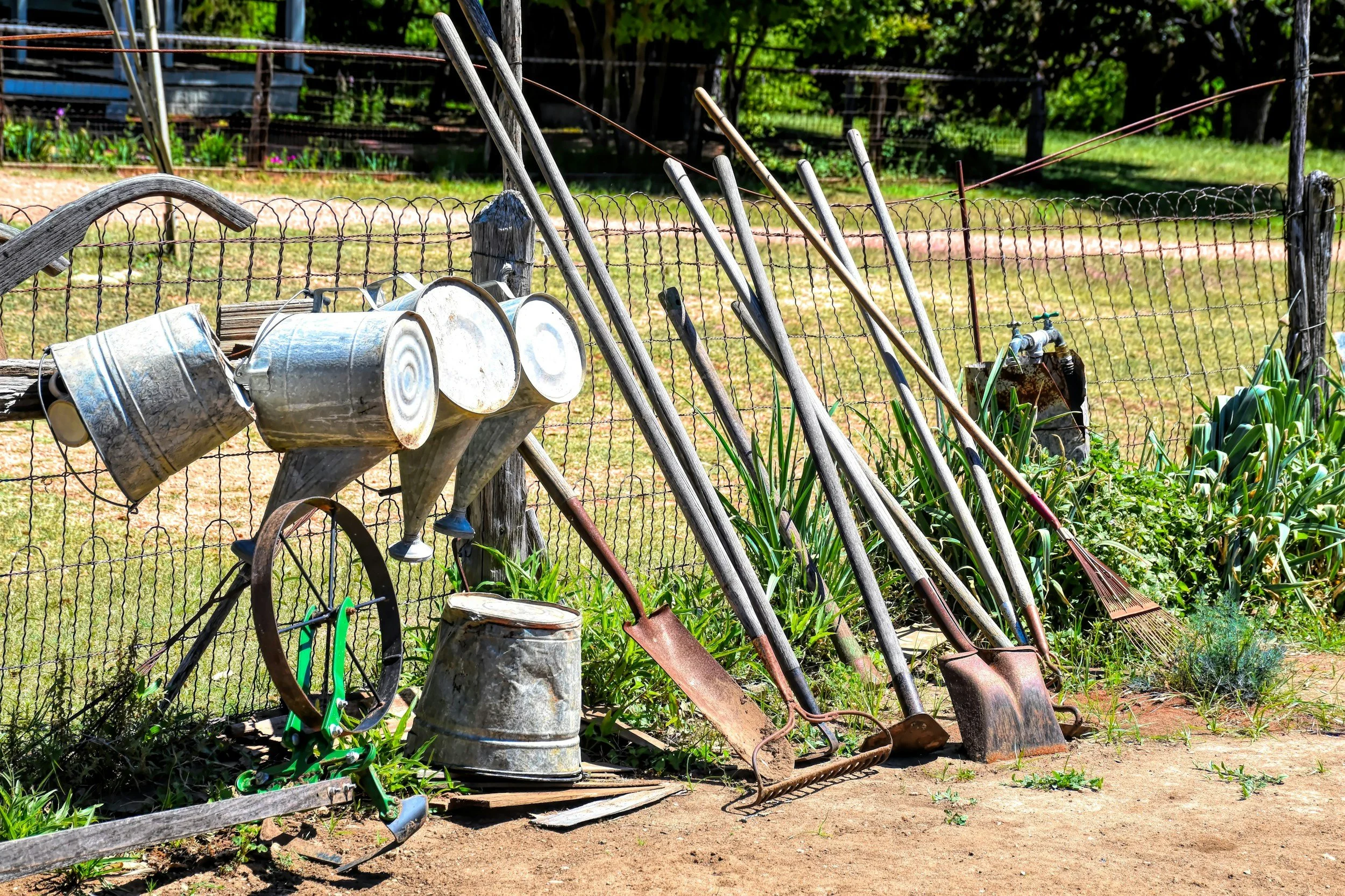
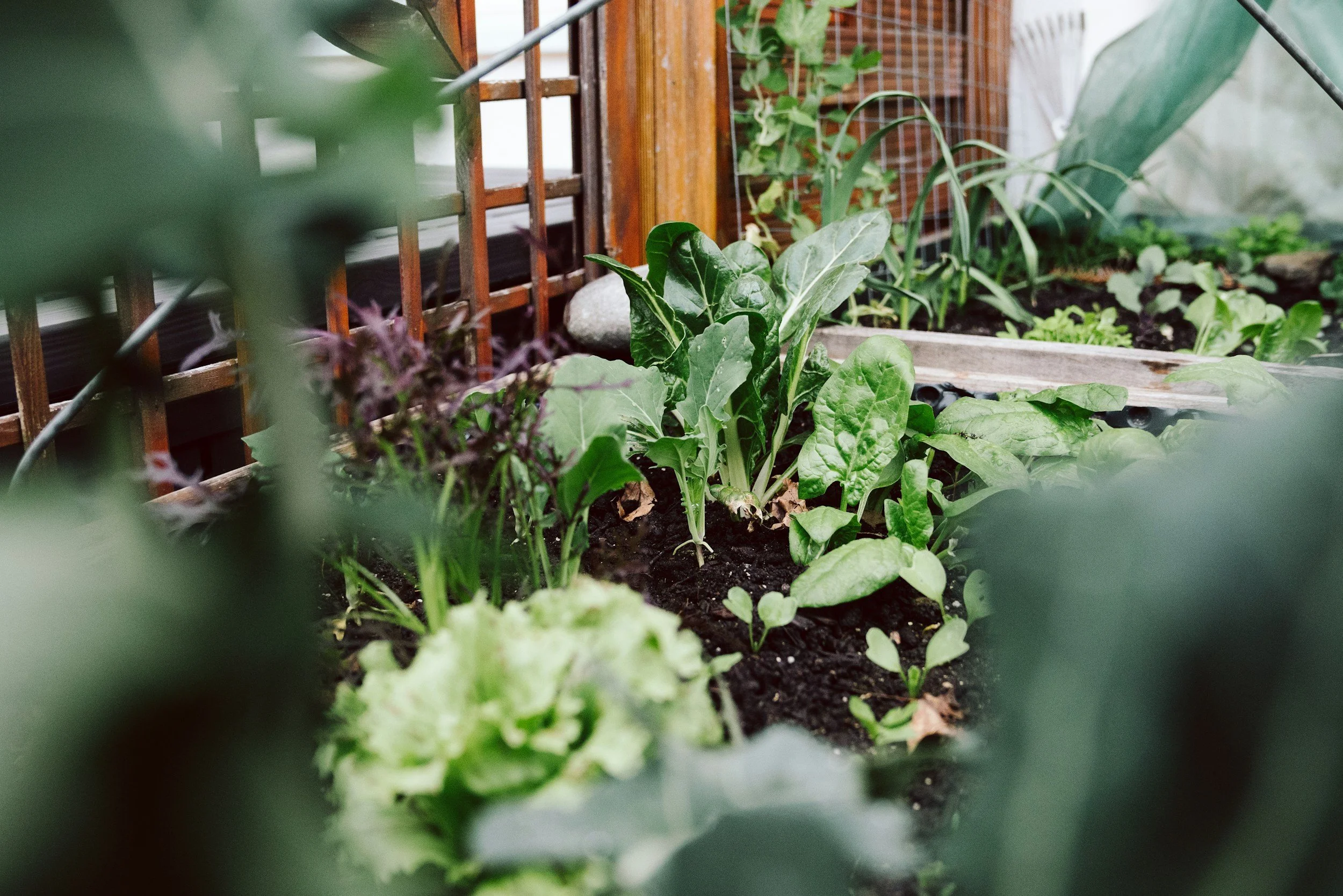

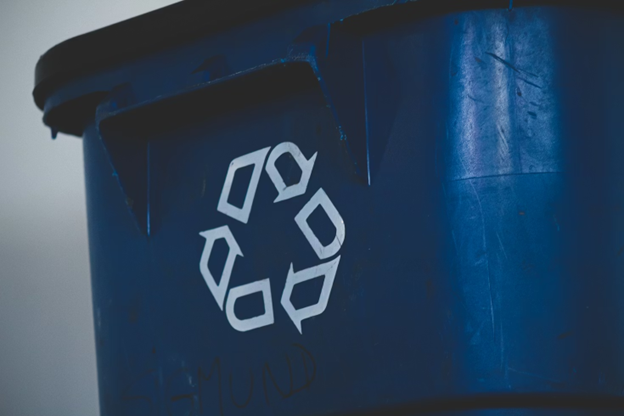
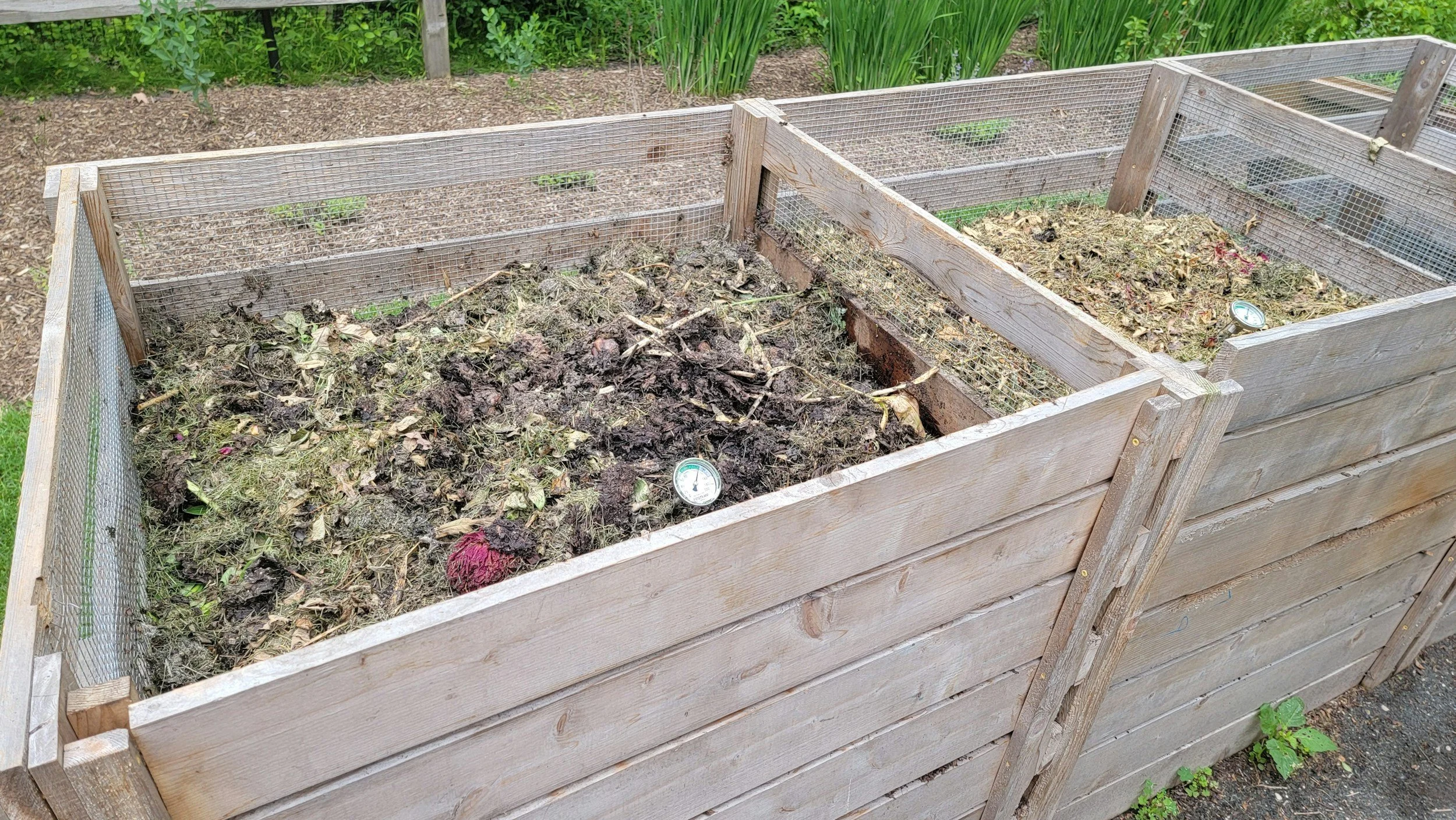

















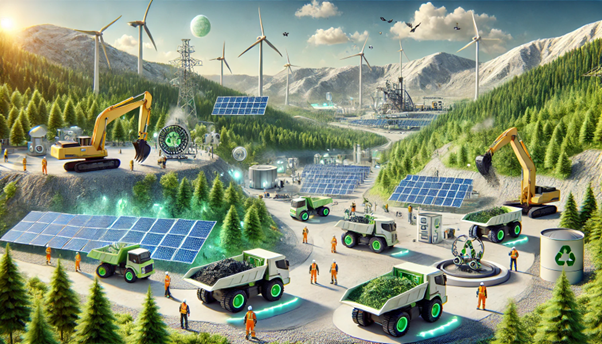







When I got my water bill this month, I was frustrated but not surprised. My bill covered the summer months, when I use more water than usual to keep my crops hydrated and healthy. Even with rain barrels and a timed irrigation system in place, it felt like I’ve been spending more on water than I should be. So I was intrigued to find out that there are now ways I could be using some of the new smart technology to cut my water bill without compromising the productivity of my garden.